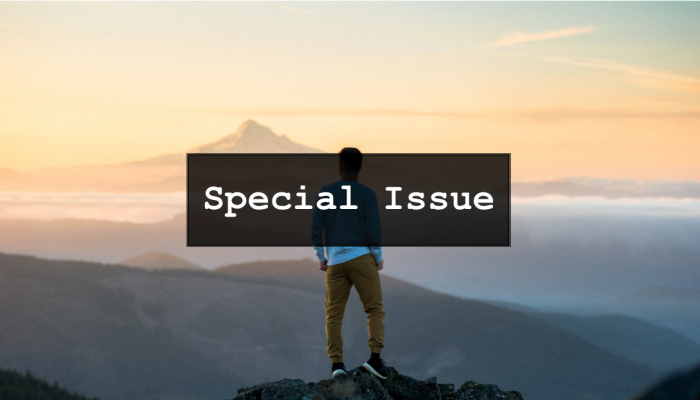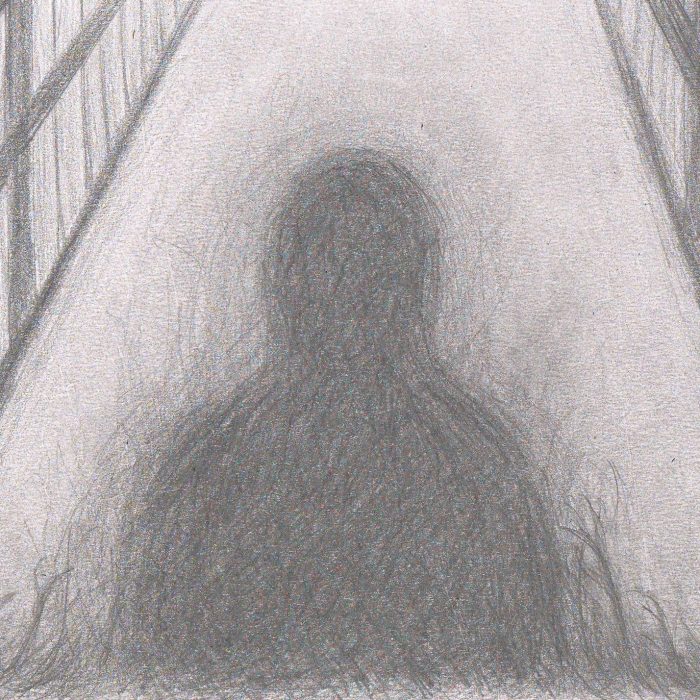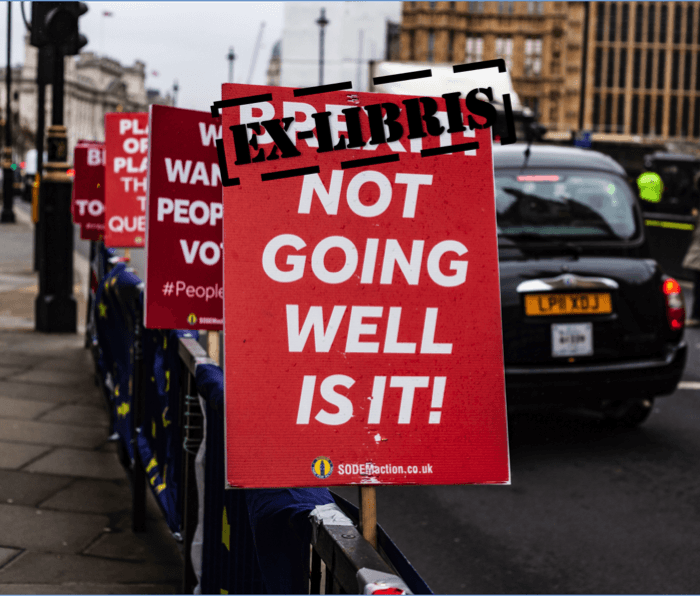Questions like “Why am I here?” “What are my future goals?” and “What the fluff am I doing with my life?” are all perfectly normal during your mid-career moment. Here are the top five ways that library cats can battle the mid-career blahs with cat-itude!

Advice to potential PhD students
Talking to people who have been through the doctoral process typically provides insights into what to expect. What advice is important to potential PhD students?
Thirteen academic librarians (four library directors; nine librarians in various roles) were asked to respond to five questions about the PhD. Of these, six were LIS PhDs, five hold doctorates in a variety of disciplines (higher education, art, business, political science, and education), and two are still in process (communications studies, humanities).
In their own words, here are excerpts from their comments.
What advice would you give to a librarian considering a PhD program?
“Don’t get a PhD because you want to be called ‘doctor.’ Be passionate enough about your studies that you can study as bed time reading…you have to be truly interested in the subject, not the trappings of the status.”
– Colleen Cook, Dean of Libraries, McGill University
“Find a topic you love and really want to explore in‐depth before you begin your PhD – it is a long journey.”
– Denise Koufogiannakis, Associate University Librarian, University of Alberta
“Figure out a way to take a leave from your day job to accomplish the bulk of your degree requirements in a shorter, more manageable time frame. Doing the degree ‘part-time’ can at times be a grueling process in terms of keeping enough momentum going to sustain the needed focus and mental energy over an extended period.”
– Rumi Graham, Graduate Studies Librarian, University of Lethbridge
“Do it for one (or both) of two reasons: 1) it will demonstrably advance your current or future professional situation; 2) because you have something you need to say.”
– Adam Lauder, former W.P. Scott Chair for e-Librarianship, York University, and currently Instructor, OCAD University
“Talk to someone who has done it before you start: make sure you really care about the topic because you will be living with it for a long time; consider whether LIS is the best discipline to pursue or whether a PhD in a different discipline would be more suited to your needs. If you are in a different discipline, it is essential to have a librarian on your committee.”
– Margaret Law, Director, External Relations, Library, University of Alberta
“You have to really love research and really have a personal interest and drive. You need to have that. While [a PhD] opens doors it isn’t an automatic ticket to either a ‘better job’ or position or to a ‘place at the table’. Post-PhD you have to stick with a research program if you really want to reap the real benefits. In some ways – it is a beginning not an end.”
– A current university librarian in Western Canada
“Be brave. Again, it depends on the kind of PhD program, but I believe we tend to downplay our knowledge and abilities. And do it because you love it, or are really curious about something. It’s a long haul, especially when balancing work and studies, and I feel it would be hard to enjoy if you were seeking a PhD purely for career advancement.”
– Stacy Allison-Cassin, W.P. Scott Chair in E-Librarianship, York University
“Think about your learning style – programs have different approaches (with courses and course requirements, comprehensive exams, thesis, residency and/or online – are you an online learner?) and some have more structure than others, some programs are interdisciplinary. Think about a research area and do some preliminary research – what has been done?, what can you contribute?, how will you situate your research? It was helpful to me to take some courses prior to applying for a PhD – ask yourself if something similar might be helpful; you have to be: tenacious, persistent, resilient, and extremely well organized; you have to be confident, but not over-confident.”
– Nancy Black, Executive Director, Library, Nipissing University and Canadore College
“Given the personal costs and the lack of advancement for librarians with PhD’s, it is certainly not for everybody. Are you looking for a new challenge or to fulfill a personal life goal? For most people, these are probably good reasons to take the plunge.”
– Pascal Lupien, Research and Scholarship Librarian, University of Guelph
“My advice would be to think very carefully before taking this step. It can be an isolating path. Unfortunately, there remains a great deal of latent hostility among some librarians toward the PhD. One must choose to pursue the PhD for the sake of intellectual stimulation and not for career advancement alone. The PhD is not a passport to an administrative appointment.”
– Scott McLaren, Associate Librarian, Humanities & Religion, York University
“First, I would suggest that they consider what they want to gain from the PhD and whether the PhD is the best and only way for them to get there. Then, I would recommend that they look across their current life and consider their future life and ask themselves: Within the context of all the complexities of their life (both personal and professional), do they think the PhD is a good fit? I am not trying to dissuade people from the PhD, but I do believe the larger context and all its complexities should be considered, as the PhD is not a small add-on to your life.”
– Selinda Berg, Head, Information Services, Leddy Library, University of Windsor
“I highly recommend and encourage the experience as an opportunity for personal and professional growth, but caution that one needs ample mental space to devote to their studies. Demands on our time ebb and flow during the course of our work and family lives, and I’d warn against embarking on this journey during times of great family stress or alongside a demanding job.”
– Andrea Kosavic, Acting Associate University Librarian, Digital Services, York University
“Be very certain you want to do it and the reasons why you are doing it. Ensure you have a topic you are very interested in and a main supervisor you trust, respect and can work with. Explore the various academic options very carefully and choose the institution that best accommodates your needs. Despite what most people say, it’s the qualification, not the institution where you get it from, that people take most notice of.”
– Vicki Williamson, Dean of Libraries, University of Saskatchewan
Michael Ridley is a librarian and the director of the first-year seminar program at the University of Guelph. The former chief librarian and CIO at Guelph, he is currently a part-time LIS PhD student at Western University.
This Post Has One Comment
Comments are closed.




[…] Advice to students […]